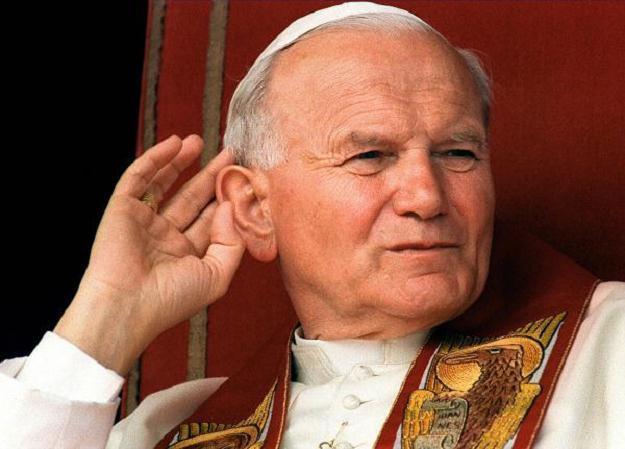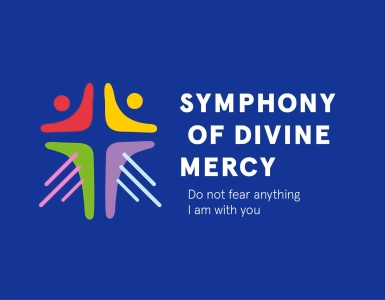John Paul II had been taking steps towards it for a long time. A natural opportunity to confess sins was travel. He did so in Olomouc in Moravia in 1995: “Today I, the Pope of the Roman Church, on behalf of all Catholics, ask forgiveness for all the pain inflicted on non-Catholics.” In similar words, he repeated his request about a hundred times.
It was for this reason that he was criticized by people of the Church and even by some cardinals. In addition, many Catholics were concerned, confused by the prospect (obviously erroneous, but understandable from their point of view) that the history of the Church consists only of an uninterrupted series of faults and sins. Before he began this journey, he must have wondered: “What does the Gospel tell us at this point? What would Jesus do in this situation? Seeing everything with the eyes of faith and treating it as a sign of Divine Providence, he certainly made this decision with joy in his heart. Thanks to this, he did not lose his enthusiasm and kept a certain distance from the criticism surrounding him. After all, there were people who strongly supported him (…) Resistance and doubt gradually began to disappear. And not only that. The mea culpa method, the confession of sins, proved to be a decisive element in opening the door to ecumenical and interreligious dialogue.
In any case, until then it was only an initiative of the Pope. Only he spoke about it publicly, openly took a stand. Until then, not a single episcopate looked critically at the history of the Catholic Church in its country, did not speak like the Holy Father.
With the consent of Cardinal Stanisław Dziwisz – “Testimony”.
TBA marketing communication Publishing House. Warsaw 2007





